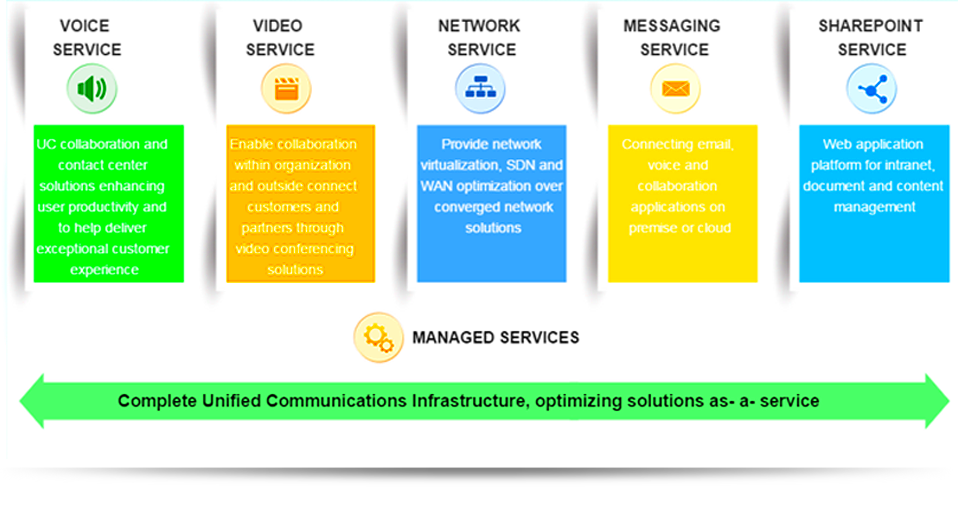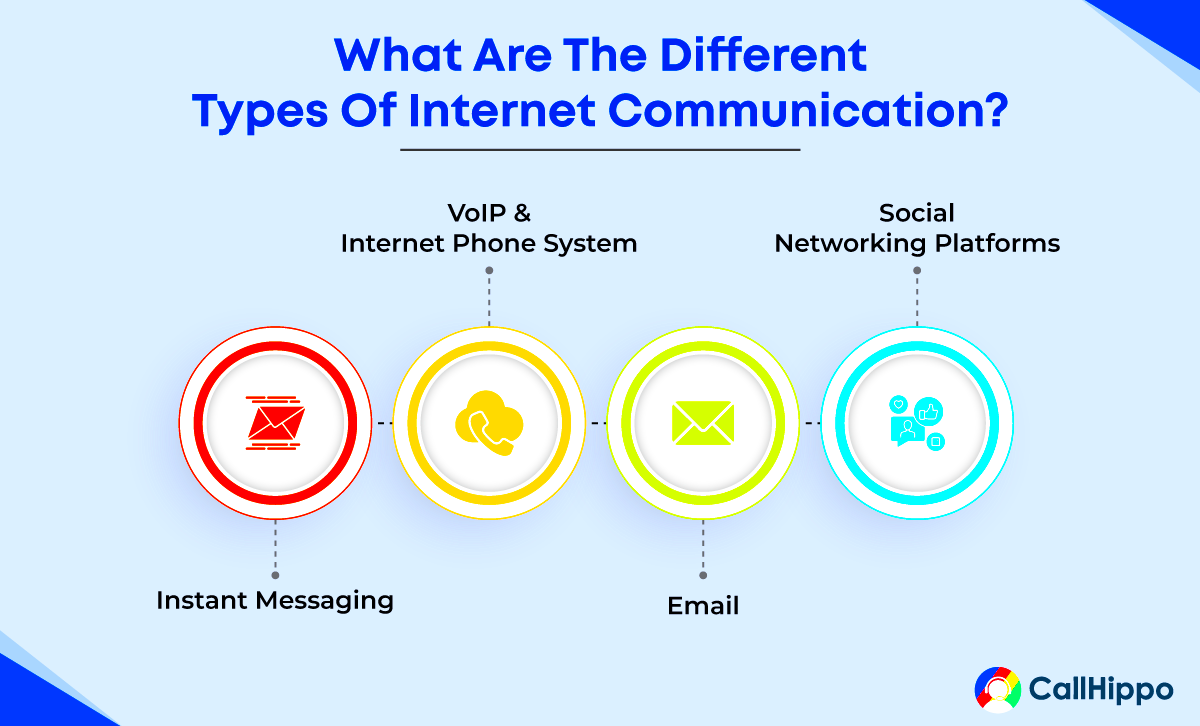Communication and
technology services play a vital role in our daily lives. They connect us to one another, enhance our productivity, and allow businesses to thrive. From simple phone calls to complex internet networks, these services create a web of interactions that keep the world moving. Understanding the landscape of these services helps individuals and businesses make informed choices about their communication needs.
Understanding the Importance of Communication Services

Communication services are essential for both personal and professional interactions. Here are some reasons why they matter:
- Facilitating Connection: They allow people to connect regardless of location.
- Enhancing Collaboration: Effective communication tools foster teamwork and collaboration.
- Boosting Productivity: Seamless communication can lead to faster decision-making.
- Driving Innovation: Technology services enable businesses to innovate and stay competitive.
With the right communication services, businesses can improve their customer relationships, streamline operations, and increase their reach. For individuals, these services offer convenience, making it easier to stay in touch with loved ones.
Overview of Major Technology Service Providers

There are numerous
technology service providers in the market, each offering unique services. Here's a table that outlines some major players:
| Provider | Services Offered | Notable Features |
|---|
| AT&T | Internet, Phone, TV | Wide coverage, bundled services |
| Verizon | Internet, Mobile, TV | High-speed fiber internet, reliable mobile service |
| T-Mobile | Mobile Services, Home Internet | Unlimited plans, no contracts |
| Comcast | Cable, Internet, Phone | Fast internet, extensive channel lineup |
These providers compete in a dynamic market, constantly updating their offerings to meet customer demands. Each has its strengths, so it's essential to evaluate your needs when choosing a provider.
Factors to Consider When Choosing a Service Provider

Choosing the right service provider can feel overwhelming with so many options out there. However, focusing on a few key factors can help simplify your decision-making process. Here are some important points to consider:
- Services Offered: Ensure the provider offers the specific services you need, whether it's internet, phone, or bundled packages.
- Coverage Area: Check if the provider offers reliable service in your location. Some providers may have better coverage in urban areas than in rural ones.
- Customer Support: Good customer support can make a huge difference. Look for providers known for their responsive and helpful service.
- Contract Terms: Review the contract carefully. Some providers may have long-term contracts with penalties for early cancellation, while others offer more flexibility.
- User Reviews: Don’t forget to read reviews from other customers. Their experiences can provide valuable insights into what to expect.
By keeping these factors in mind, you can narrow down your choices and find a provider that fits your needs perfectly.
Comparing Pricing and Packages of Different Providers
When it comes to pricing, it's not just about finding the cheapest option. It's about getting the best value for your money. Here's how to effectively compare pricing and packages:
- Identify Your Needs: Before diving into comparisons, list the services you truly need.
- Look for Bundles: Many providers offer bundled services (like internet and phone) at discounted rates.
- Check for Promotions: Don't overlook seasonal promotions or special deals that can save you money.
- Understand Fees: Be aware of additional fees, such as installation, equipment rental, or early termination fees.
Here’s a quick pricing comparison table:
| Provider | Package | Monthly Price |
|---|
| AT&T | Internet + Phone | $80 |
| Verizon | Fios Internet Only | $70 |
| T-Mobile | Mobile + Home Internet | $90 |
| Comcast | Internet + TV | $100 |
By carefully comparing packages and pricing, you can choose a service provider that not only meets your needs but also fits your budget.
Top Providers of Communication Services in the USA
In the vast landscape of communication services, several providers stand out for their quality and reliability. Here’s a look at some of the top players:
- AT&T: Known for its extensive coverage and variety of plans, AT&T is a leading provider for both individuals and businesses.
- Verizon: With its focus on high-speed fiber internet and customer service, Verizon often ranks high in customer satisfaction.
- T-Mobile: This provider has gained popularity for its affordable mobile plans and no-contract options, catering especially to budget-conscious customers.
- Comcast: Offering a wide range of cable and internet packages, Comcast is well-known for its extensive channel lineup and service availability.
Each of these providers has unique strengths, so it’s important to evaluate them based on your personal or business communication needs. Whether you prioritize speed, customer service, or price, these top providers are worth considering.
Future Trends in Communication and Technology Services
The world of communication and
technology services is evolving rapidly. As we look to the future, several trends are emerging that could reshape how we connect and interact. Here are some key trends to watch:
- 5G Technology: The rollout of 5G networks is set to revolutionize communication with faster speeds, lower latency, and improved connectivity. This technology will enhance everything from mobile gaming to remote work.
- AI and Automation: Artificial intelligence is increasingly being integrated into customer service, making interactions smoother and more efficient. Chatbots and virtual assistants are becoming more common.
- Remote Work Solutions: The demand for reliable communication tools for remote work continues to rise. Expect more providers to offer packages that support virtual teams.
- Enhanced Security: As cyber threats grow, service providers are focusing on improving security measures, ensuring that user data remains protected.
- Unified Communication: There’s a growing trend toward integrated communication solutions that combine voice, video, messaging, and collaboration tools into one platform.
Staying informed about these trends will help businesses and individuals make better choices in communication services, ensuring they are equipped for the future.
FAQ About Communication and Technology Services
As you navigate the world of communication and
technology services, you may have questions. Here are some frequently asked questions to help clarify common concerns:
What is the difference between VoIP and traditional phone services?
- VoIP (Voice over Internet Protocol) uses the internet for calls, while traditional phone services rely on copper lines. VoIP often offers lower costs and added features.
How do I know which service provider is best for my area?
- Check coverage maps on provider websites and read customer reviews to gauge service quality in your location.
Are there any hidden fees I should be aware of?
- Always review the fine print of contracts and ask about additional fees for installation, equipment, or early termination.
Can I switch providers easily?
- Switching providers can often be done, but be mindful of any contractual obligations or fees that may apply.
What should I look for in customer support?
- Look for providers with multiple support channels (phone, chat, email) and positive reviews regarding their responsiveness and effectiveness.
These FAQs address some common concerns and help guide your decisions as you explore communication services.
Conclusion on Choosing the Right Service Provider
Choosing the right communication and
technology service provider is crucial for staying connected in today's fast-paced world. By considering factors like service offerings, coverage, pricing, and customer support, you can find a provider that aligns with your needs. Here’s a quick recap of what to keep in mind:
- Assess Your Needs: Know what services you require before diving into comparisons.
- Research Providers: Look into the top providers and read reviews from other customers.
- Compare Packages: Don’t just focus on price; consider the overall value, including any bundled services.
- Stay Informed on Trends: Keep an eye on future trends in communication services to ensure you make a forward-thinking choice.
In the end, taking the time to research and understand your options can lead to better service and a more satisfying communication experience. Whether for personal use or business, the right provider can make all the difference.
 Communication services are essential for both personal and professional interactions. Here are some reasons why they matter:
Communication services are essential for both personal and professional interactions. Here are some reasons why they matter: There are numerous technology service providers in the market, each offering unique services. Here's a table that outlines some major players:
There are numerous technology service providers in the market, each offering unique services. Here's a table that outlines some major players: Choosing the right service provider can feel overwhelming with so many options out there. However, focusing on a few key factors can help simplify your decision-making process. Here are some important points to consider:
Choosing the right service provider can feel overwhelming with so many options out there. However, focusing on a few key factors can help simplify your decision-making process. Here are some important points to consider:
 admin
admin








